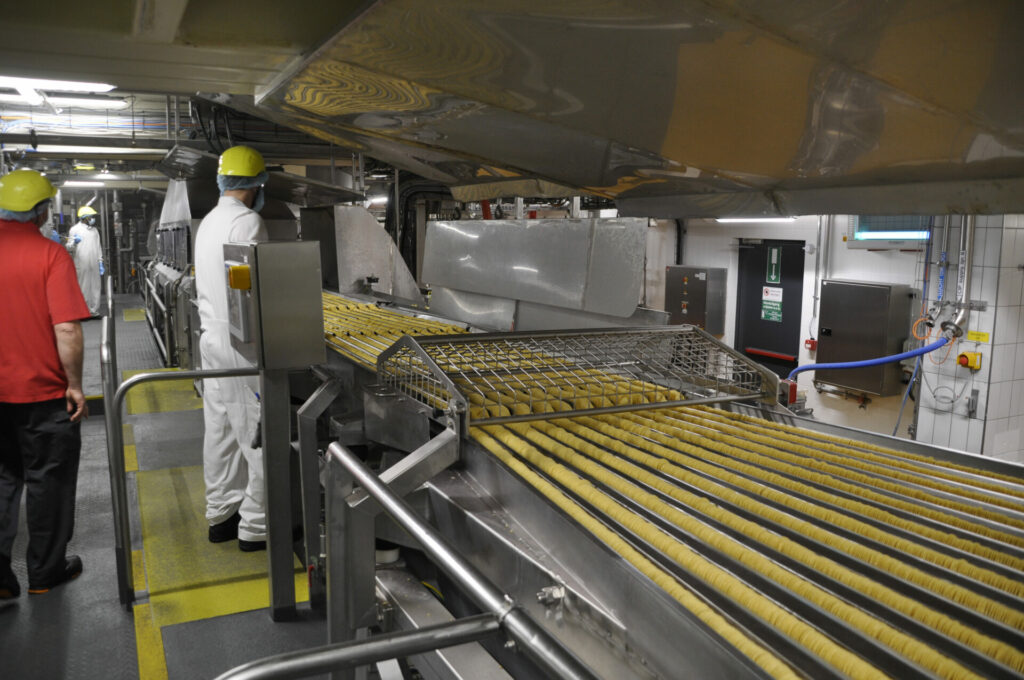Belgium's high electricity prices relative to neighbouring countries pose "a major handicap" to the country's industrial base, and could well force companies to relocate elsewhere in order to remain solvent, l'Echo reports.
According to the Federation of Belgian Industrial Energy Consumers (Febeliec), Belgium's high energy costs are principally a consequence of the fact that, while neighbouring governments have offered their respective industries unprecedented financial assistance and protection over much of the past year, Belgium's Federal Government has yet to provide anywhere near comparable levels of support.
"Neighbouring countries have taken measures to protect their industry during the crisis," said Febeliec Director Peter Claes. "Our government has done a lot to lighten the burden on households, but almost nothing for companies."
A sizeable difference
According to a recent study conducted by consultancy firm Deloitte and commissioned by Febeliec, researchers found that Belgian manufacturers currently pay 18% to 23% more than their counterparts in neighbouring countries.
More specifically, the study found that a Flemish company which consumes 100 gigawatt-hours (GWh) of power annually will pay an additional €3.9 million per year for electricity compared to its rivals in neighbouring countries, while a Walloon company can expect to pay even more (€4.8 million).
For companies which consume 1,000 GWh annually, the extra costs are significantly greater: a Flemish company can expect to spend an additional €36.3 million annually, while a business based in Wallonia will pay up to €38.1 million.
L'Echo also cited the specific example of VPK, a packaging company based in Dendermonde, East Flanders. VPK has not made any significant investments in Belgium since 1997, despite having built two factories in France over the same period.
"For a paper recycling plant in Belgium, electricity costs amount to €30 million per year, compared to €10 million in France," explained VPK CEO Pierre Macharis.
Related News
- 'This is an emergency': EU issues controversial plan to avoid deindustrialisation
- Volkswagen pauses planned European plant as EU industry continues to shift to US
He added: "It is true that we do not have the same budgets, nor the same means of action as France and Germany, but it is possible to act on transport costs and taxes. We must do what is necessary to avoid the flight of companies."
Belgian industry's concerns about its competitiveness relative to other European countries are arguably mirrored at the continental level, with energy prices in Europe currently multiple times higher than they are in the US.
This structural disadvantage was further compounded by Washington's passage of the Inflation Reduction Act (IRA) last August, which provides up to $369 billion in government subsidies to stimulate green investment and consumption.
The vast majority of these subsidies, however, are only available for products manufactured in the US. This has already encouraged several European companies to relocate their manufacturing plants from Europe to America.

